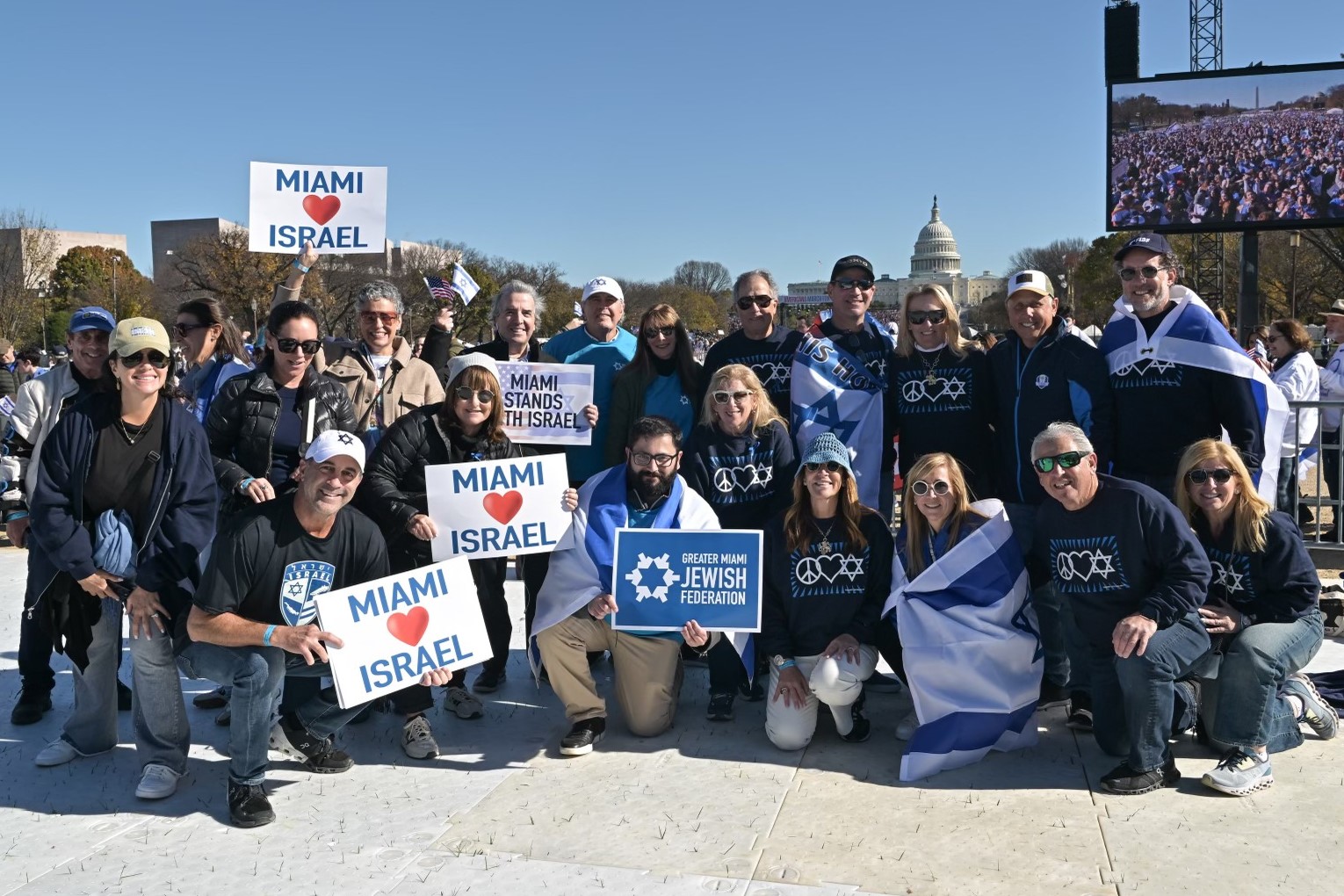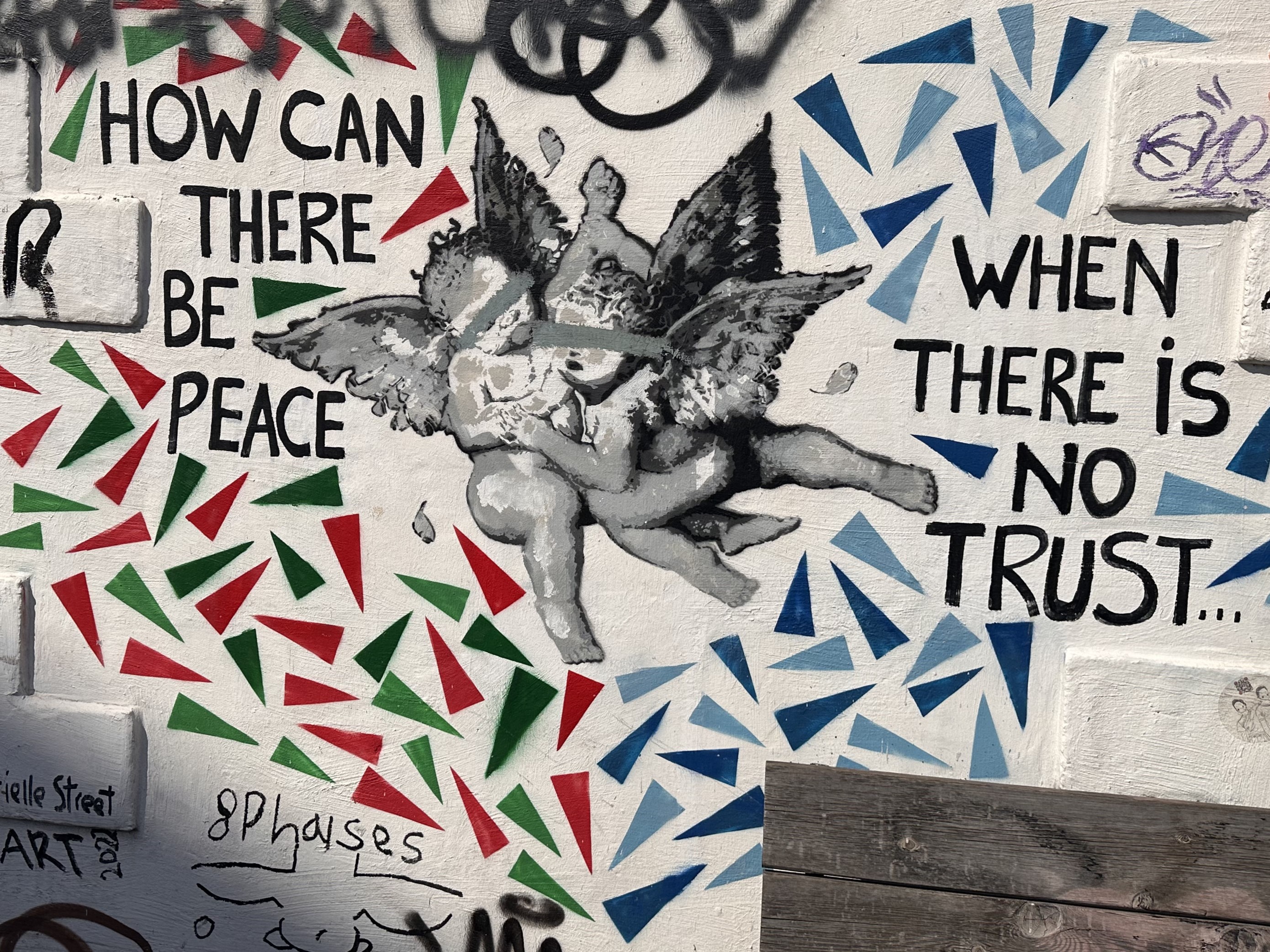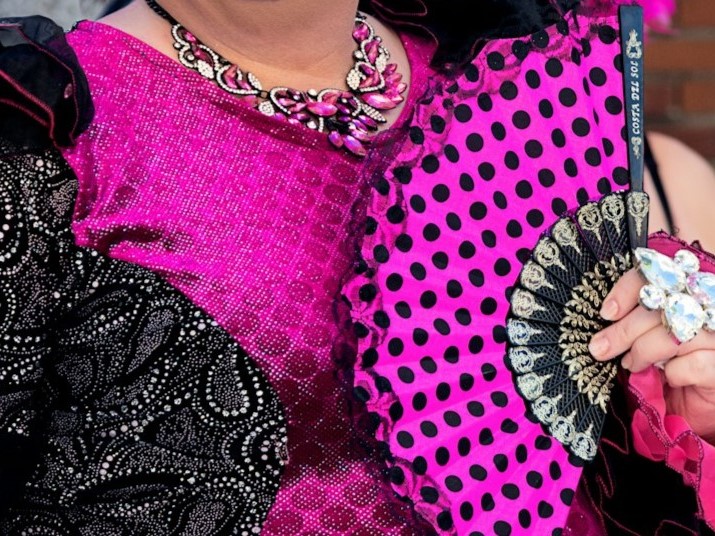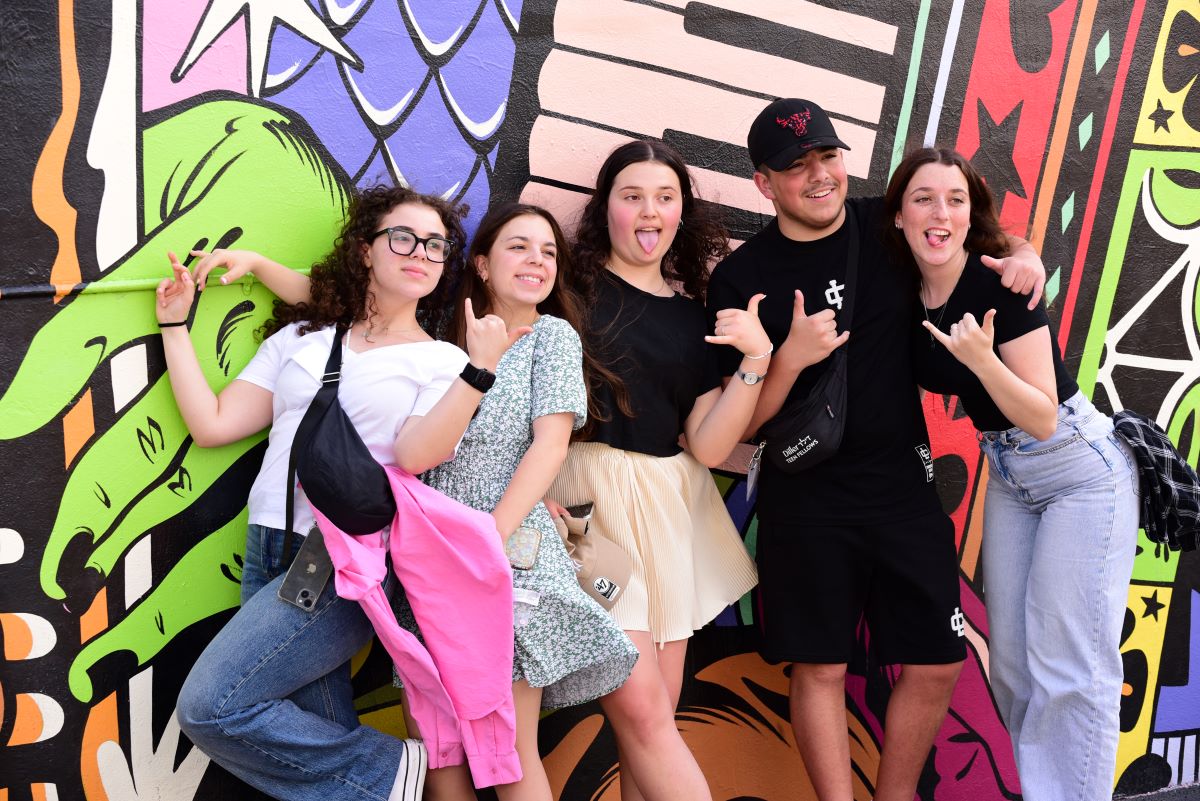Jewish Education is More Vital Than Ever
Posted on 11/17/2023 @ 05:00 AM

Since October 7th, we at CAJE have all been very busy working on Israel education with our teens, educating our adult learners and supporting our schools and teachers.
Here are a few topline items that we’d like to report.
Saw You at Sinai the Rally
Our CAJE Chair, Sara Bejar, along with several CAJE Board members, past Chair Lily Serviansky, and Kadima Co-Chair, Moj Danial, attended the Rally for Israel in Washington, DC, along with many others from Miami. CAJE staff watched on livestream.
One of the most interesting statistics is that approximately 300,000 people were physically present in Washington that day and approximately 300,000 were watching it being livestreamed.
That’s 600,000… coincidentally the same number of Jews who tradition says were at Sinai.
Hopefully the Rally for Israel will have as positive an outcome as Sinai was for the Jewish people. It sure boosted the spirits of all of us present there and watching online!

FEDPRO
Rabbi Efrat Zarren-Zohar and Debbie Brodie-Weiss, CAJE’s Development Director, attended FEDPRO, the conference of Federation professionals, that was held last week in Chicago. It was a great opportunity to network with colleagues from around the country, learn best practices in fundraising, hear about the latest research in many areas of Jewish life, and enjoy a little taste Israel via a performance by David Broza.
Rabbi Efrat also held a breakfast for all the attendees who worked in the fields of Jewish education and engagement as the Co-Chair of ADCA, the Association of Directors of Central Agencies.
Jewish Educational Thought Leadership
Lt. Col., ret. Zohar Vloski, Global Executive Director of Zionist Education for JNY, invited a group of educational leaders in the Jewish world to a Zoom summit on Zionist education and Rabbi Efrat Zarren-Zohar, CAJE Miami’s Executive Director, was included in that group as a representative of on-the-ground educational leadership.
Some of the other participants were: Prof. Gil Troy, Mr. Avraham Infeld, Dr. Ken Stein, Dr. Shmuel Rosenman, Dr. Zohar Raviv, Mr. Gidi Greenstein.
Vloski asked participants to reflect on how Zionist education after October 7th. How should it change? In what ways, should it remain the same?
I began by noting that I was humbled to be asked to speak from a local educational perspective amongst these many philosophers of Jewish education.
Then I thanked JNF-USA for being the organization with the foresight and commitment to Jewish education to bring together educators around this topic.
Our best response to Hamas is to do one more Jewish thing than we were doing before, to recommit to Judaism as a personal path, because that has always been the eternal response of our people to tragedy.
For the vast majority of Jews in North America, Jewish education has become an after-school activity, rather than an integral part of a child’s and adult’s identity. This is a structural problem that is difficult to solve, but we must try.
And research shows that less and less Jewish children are receiving any type of Jewish education at all.
Perhaps JNF is the organization to tackle creating an online supplementary school with outstanding teachers and a clear Jewish Zionist curriculum. Then we might be able to educate those who find day school unaffordable and afternoon school, inconvenient.
We must teach what life was like before the State of Israel and what it could be again without it.
We need to be explicit in our messaging. Not to teach children and adults to pray in the direction of the East, but to teach them we have for thousands of years prayed in the direction of Jerusalem, the Temple Mount, and ask our learners to reflect on why and what value that conveys?
We must make the Zionist messages explicit and use contemporary language. We Jews are an indigenous people in the Land of Israel.
We must note where Israelis themselves are fighting for a better State of Israel; our job in the Diaspora is to support those seeking the vision that you support.
If you want more human rights for Arabs in Israel, support the Israeli groups that are working for that change.
We need to recommit to Jewish peoplehood.
As the former head of Hillel International, Avraham Infeld, points out (from the Book of Ruth 1:16) Ruth first said to her mother-in-law “Your people will be my people” and only then “Your G!D will be my G!D.”
Those Diaspora Jews who are currently supporting Hamas and seemingly incapable of feeling sorrow for Israeli Jews lack a sense of peoplehood. Jews by religion are not enough. I might even argue they are not even Jews (beyond some vague ethnic sense of the word.)
Finally I noted, “Judaism for me is the best and fullest expression of being human.”
That is both a universal and a particularistic vision for Jewish education.
May we merit a deeper, renewed investment in Jewish education as a key to a vibrant, proud Jewish future!




